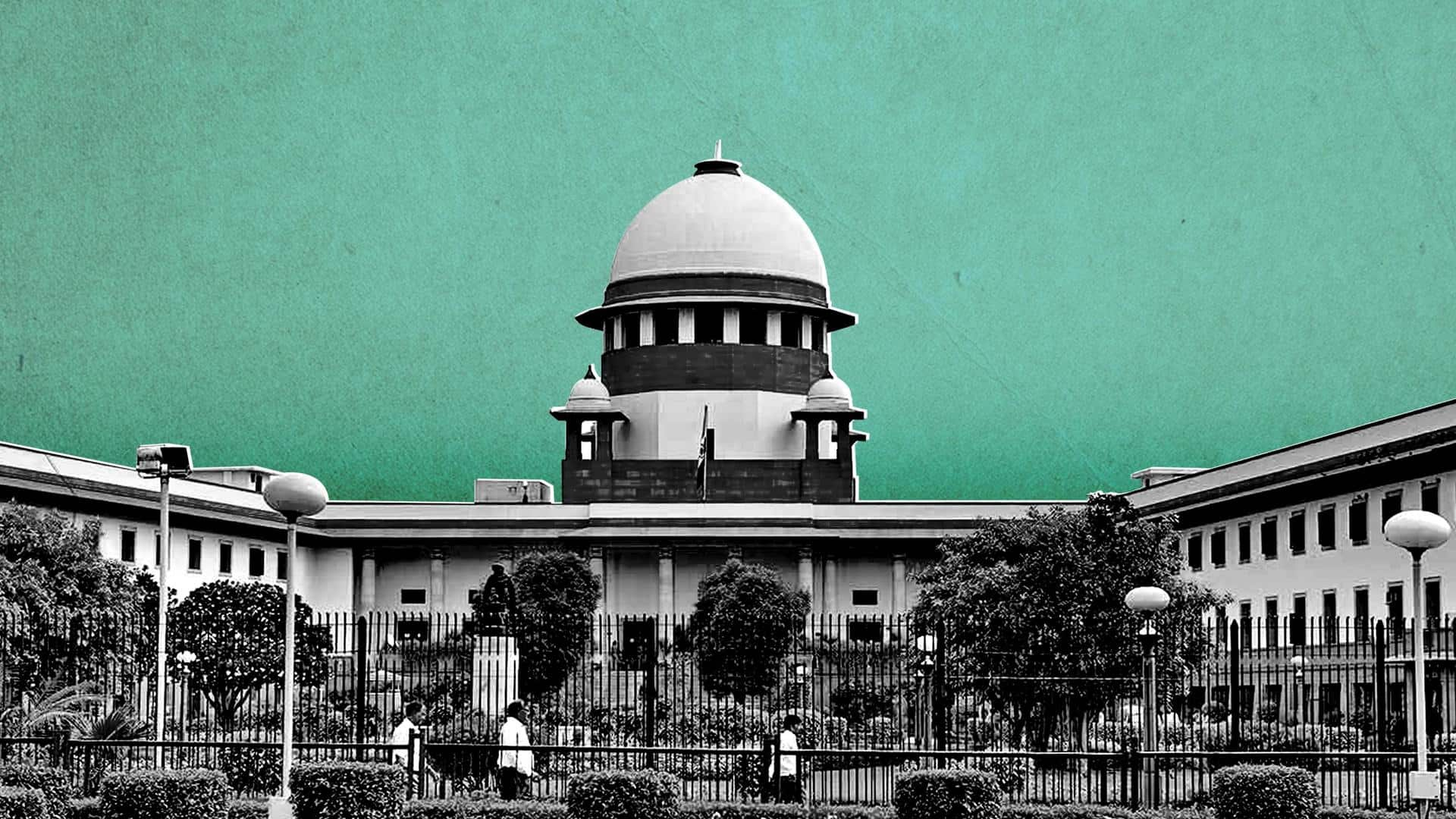
India needs strong characters like Seshan as CEC: SC
What's the story
The Supreme Court on Tuesday stated that India is in need of a Chief Election Commissioner (CEC) with a strong character like TN Seshan, who "does not allow himself to be bulldozed."
The apex court also said that the on-ground situation is "alarming," and the Constitution has bestowed massive powers on the "fragile shoulders" of the two Election Commissioners (ECs) and the CEC.
Bio
Who was TN Seshan?
TN Seshan was an ex-Cabinet Secretary to the Central Government and was officially appointed as India's Election Commissioner (EC) on December 12, 1990.
His stint as the EC lasted for six years, until December 11, 1996. He was also honored with the prestigious Ramon Magsaysay Award the same year for government service.
Seshan died on November 10, 2019.
Details
Meet the five-judge bench
The five-judge Constitution bench of Justice K M Joseph, C T Ravikumar, Aniruddha Bose, Ajay Rastogi, and Hrishikesh Roy stated that it wants a plan in place to ensure the "best man" is chosen as the CEC.
The top court also revealed that it deliberated on adding the Chief Justice of India (CJI) to the appointment committee to guarantee absolute "neutrality."
Quote
TN Seshan happens once in a while: SC
"What is important is that we put a fairly good procedure so that apart from competence, someone of strong character is appointed as the CEC," SC told Attorney General R Venkataramani, appearing on Centre's behalf.
It further added, "There have been numerous CECs and T N Seshan happens once in a while. We have to find the best man for the post of CEC."
The bench
Advani's collegium-like structure suggestion
The bench stated that fingers have been raised since 1990 from numerous quarters. Bharatiya Janata Party (BJP) veteran leader L K Advani had also once suggested a collegium-like structure for constitutional bodies, including ECs.
It also stated that the court couldn't say it is helpless, but there is a need for a structure different from the current system of appointing CECs and ECs.
Details
Centre rejected plea seeking collegium-like approach
On November 17, the Union government opposed a set of pleas asking for a collegium-like approach for picking ECs and CECs, arguing that any such attempt would result in amending the Constitution.
On October 23, 2018, the Supreme Court referred a Public Interest Litigation (PIL) looking for a collegium-like method for selecting ECs and CECs to a five-judge bench for authoritative adjudication.
ECs-CECs
SC points out red flags
Regarding Article 324, which speaks about the assignment of ECs, the SC stated that it does not grant the method for such appointments.
It also added that since 2004, no CEC had completed their six-year tenure. During the 10-year reign of the United Progressive Alliance government, there were six CECs.
Meanwhile, in the eight years of the NDA rule, the country saw eight CECs.